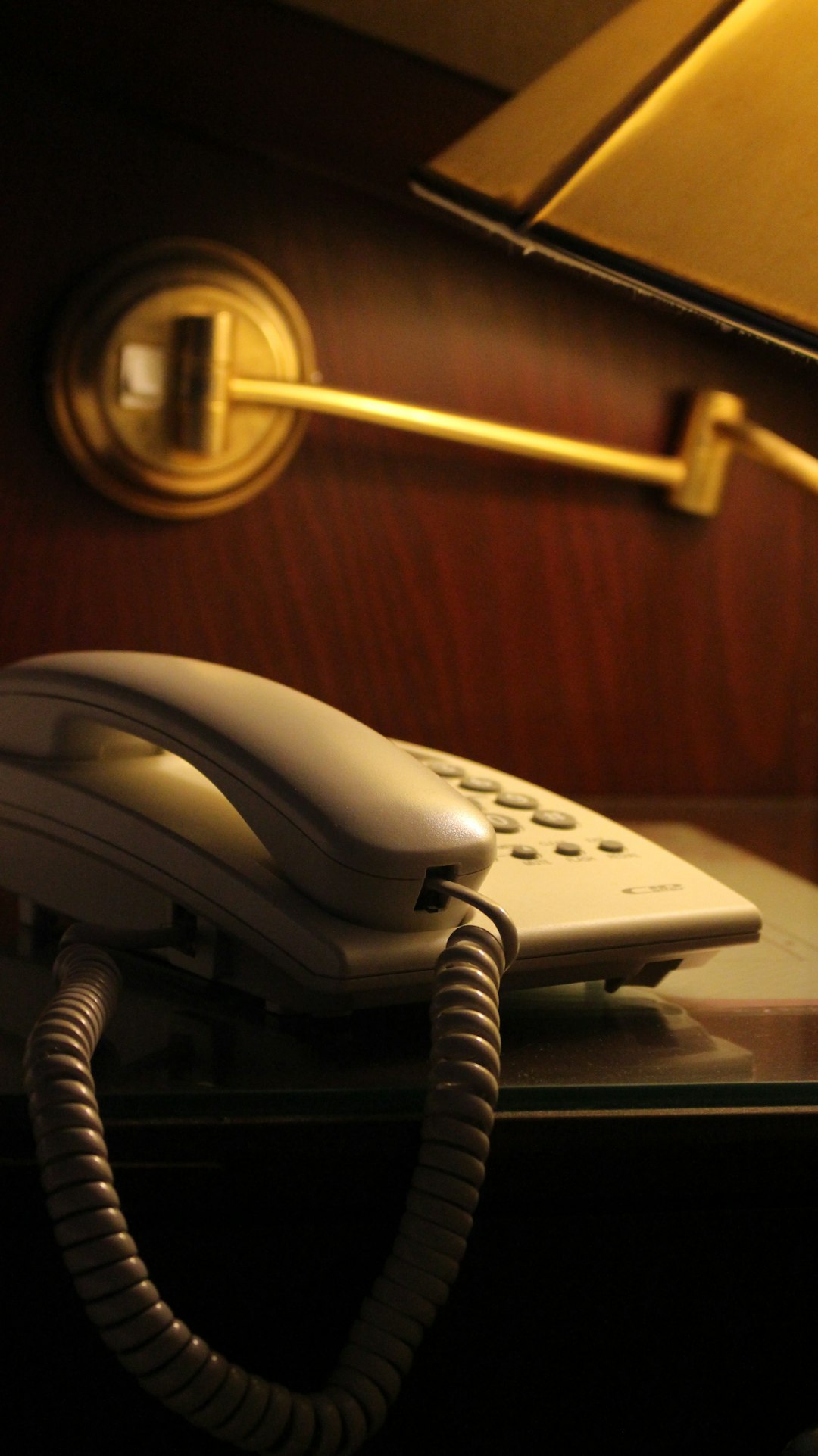Maryland has stringent debt collector laws limiting contact frequency to 4 attempts within 72 hours, followed by a 14-day wait. These laws protect consumers from harassment, foster transparency, and allow debtors time to address their situations. Debtors are empowered to request validation of debts, dispute them, stop communication, and seek compensation for abusive practices, ensuring fair treatment under the Fair Debt Collection Practices Act (FDCPA). Violations can lead to penalties and legal action against collectors.
In Maryland, debt collection practices are regulated by stringent laws designed to protect consumers. Understanding these regulations is crucial for both debtors and creditors alike. This article delves into Maryland’s debt collection laws, focusing on contact frequency restrictions. We explore how often debt collectors can legally reach out, the rights of debtors, and the consequences of violating these limits. By understanding these rules, individuals can navigate debt collection scenarios with confidence.
Understanding Maryland's Debt Collection Laws

Maryland has specific laws in place to protect consumers from aggressive or unfair debt collection practices. These regulations are designed to ensure that debt collectors maintain a reasonable and respectful approach when contacting individuals about outstanding debts. Understanding these debt collector laws Maryland is essential for both creditors and debtors.
The state’s laws dictate the frequency and methods of contact that debt collectors can use, emphasizing that collectors must allow consumers sufficient time between contacts. This provides individuals with a sense of control over their financial situations and prevents excessive harassment. Maryland’s regulations also set clear guidelines on the type of language and behavior expected from debt collection agencies, promoting ethical and transparent collection practices.
Contact Frequency Restrictions for Debt Collectors

In Maryland, debt collectors are bound by strict laws regarding contact frequency to ensure consumer protection and fairness. These regulations limit how often a debt collector can reach out to an individual or their place of employment in an attempt to collect a debt. Typically, they are permitted to make up to four attempts within a 72-hour period, with each attempt defined as a phone call, letter, email, or text message. After this initial window, collectors must wait at least 14 days before making additional contact, giving debtors a much-needed respite.
Adhering to these debt collector laws in Maryland is crucial for maintaining a respectful and legal collection process. It ensures that consumers are not harassed or overwhelmed by persistent calls, fostering a more balanced and cooperative environment. These restrictions also promote transparency and fairness, allowing individuals the time and space to address their financial situations before further communication from collectors.
Legal Rights of Debtors in Maryland

In Maryland, debtors have specific legal rights that protect them from aggressive or unfair practices by debt collectors. The state’s debt collection laws are designed to ensure a balance between recovering debts and preserving consumers’ rights. One of the key protections is the restriction on the frequency of contact by debt collectors. According to the Fair Debt Collection Practices Act (FDCPA), debt collectors in Maryland must adhere to strict guidelines regarding when and how often they can reach out to debtors. This means that collectors cannot call more than once a day or at unreasonable times, such as before 8 a.m. or after 9 p.m., unless the debtor consents otherwise.
Additionally, debt collectors are prohibited from using abusive, obscene, or threatening language, misrepresenting the amount owed, and making false promises about the consequences of non-payment. Debtors have the right to request validation of their debt, meaning they can ask for proof that the debt is legitimate and the amount accurate. Maryland’s laws also empower debtors to dispute the debt with the collector and seek legal action if they believe their rights have been violated. Understanding these rights is crucial for anyone in Maryland facing debt collection efforts, as it ensures fair treatment and provides a framework for resolving disputes effectively.
Consequences of Violating Contact Limits

In Maryland, debt collectors are subject to specific laws that regulate their contact frequency with debtors. Violating these limits can have significant consequences. If a debt collector makes more than the allowed number of contacts within a certain period, it may result in a debtor feeling harassed or overwhelmed, leading to emotional distress and potential legal repercussions.
Debtors have rights under Maryland debt collection laws, including the right to request that the collector stop contacting them. Persistent violations can lead to monetary penalties for the collector’s organization. Additionally, debtors may choose to take legal action against the collector for abusive or harassing behavior, potentially seeking compensation for any damages incurred due to the excessive contact.






